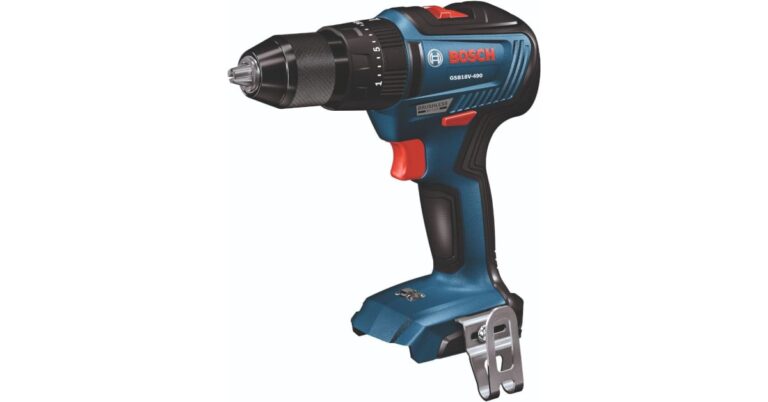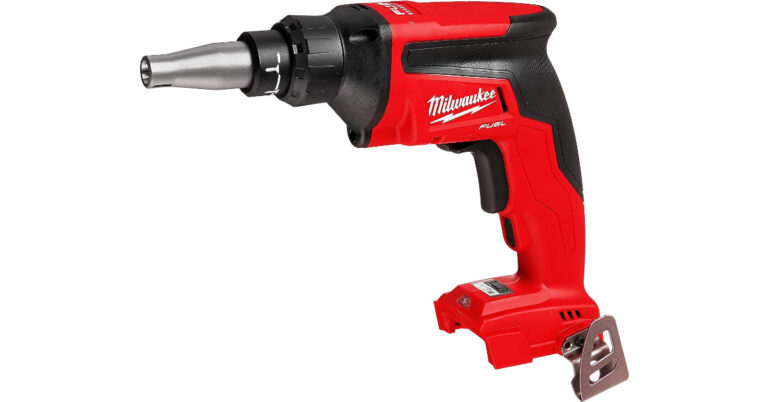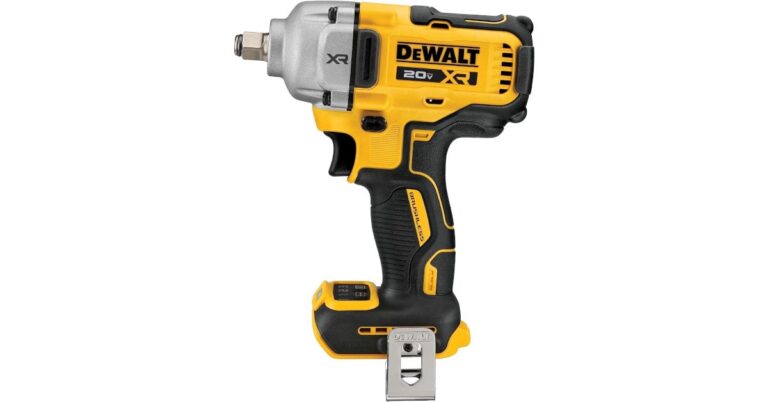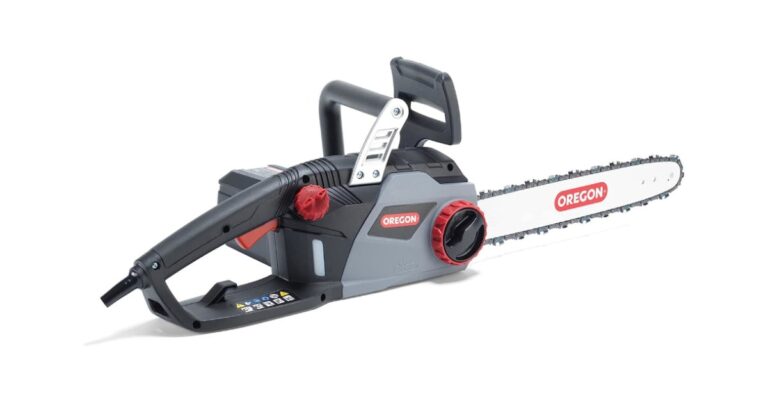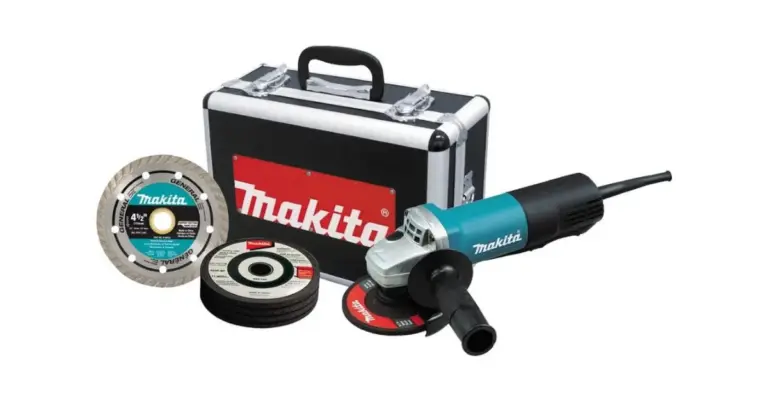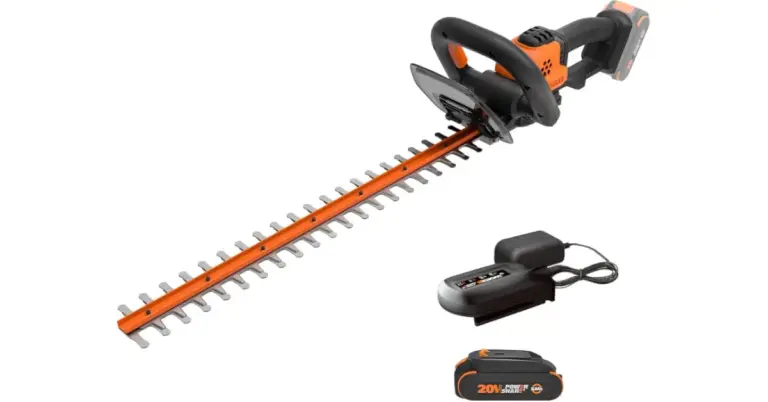Bosch PSM 100A Sander Review
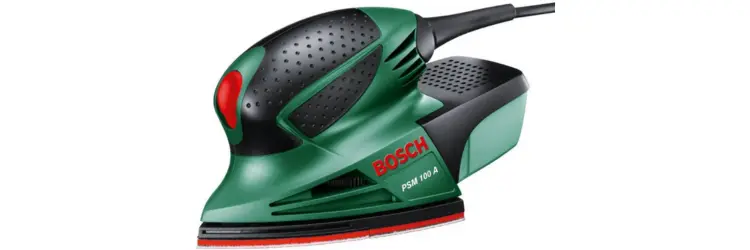
The Bosch PSM 100A is a versatile, entry level detail sander aimed at DIY enthusiasts and light duty users. Designed for finishing jobs and sanding in hard to reach spots, it combines orbital and delta sanding capabilities to handle detailed surfaces effectively.
With a compact, ergonomic design, it’s marketed as a user friendly tool for various small sanding tasks on wood, metal, and plastic surfaces.
Key Features
Compact and Lightweight Design: Weighing in at around 900g (about 2 pounds), the Bosch PSM 100A is extremely lightweight and easy to maneuver, making it ideal for prolonged use.
Two Part Sanding Plate: This feature separates Bosch’s model from many entry level sanders. The two part sanding plate combines an orbital pad with a delta tip, which can reach narrow spaces and corners, improving versatility.
Dust Extraction System: Equipped with Bosch’s micro filter system, the sander efficiently captures dust, creating a cleaner work environment. This built-in dust collector is a valuable addition for indoor projects.
100 Watt Motor: While not especially powerful, the 100 watt motor is adequate for light sanding tasks. The motor is designed to balance power output with a compact build.
Hook and Loop Sandpaper System: The tool includes a Velcro type hook and loop sandpaper system, making sandpaper changes quick and easy.
Ergonomic Soft Grip Handle: Its design and grip materials allow for better control and comfort, especially on detailed or awkwardly positioned surfaces.
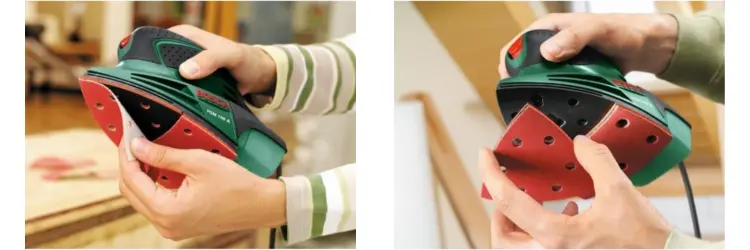
Performance
The Bosch PSM 100A excels in tasks like furniture refinishing, small woodworking projects, and finishing. The tool’s performance is especially commendable when working on intricate areas, as its delta pad makes reaching corners and edges effortless.
The tool’s dust collection system is effective, capturing most dust particles and making cleanup significantly easier.
However, its fixed speed and limited power output can make it challenging to use on thicker materials or varnished surfaces. Its suitability is mainly restricted to fine sanding and light duty tasks, as users would struggle to achieve efficient material removal on hard surfaces.
Pros
Ease of Use: The PSM 100A’s lightweight design and ergonomic handle make it comfortable for beginners and users who need a sander for occasional use. Its controls are intuitive, and the setup is straightforward.
Effective Dust Management: The Bosch micro filter dust extraction system enhances cleanliness, reducing dust exposure and minimizing post job cleanup. This feature is a key selling point for users sensitive to dust.
Detail Oriented Design: Thanks to the delta shaped sanding pad, users can sand corners and edges that would otherwise be hard to reach. The dual sanding plate is also highly effective for both flat and contoured surfaces.
Affordable Price Point: With its cost positioned competitively within the entry level segment, the Bosch PSM 100A is ideal for light duty and occasional DIYers looking for reliable performance without a high investment.
Cons
Limited Power for Heavy Duty Jobs: The 100-watt motor, while sufficient for small tasks, isn’t suitable for intense or large scale sanding. Professionals and more advanced users may find it underpowered for demanding applications.
No Variable Speed Control: The PSM 100A operates at a fixed speed, limiting control on different surface types. More advanced sanders offer variable speed settings, allowing the user to adjust the speed for more delicate work or heavier material removal.
Smaller Sanding Surface: Due to its compact size, the sander is not ideal for large flat surfaces. Using it on big projects might be time consuming, as it’s better suited for finishing rather than initial sanding.
Limited Compatibility with Universal Accessories: Unlike some models with universal accessory compatibility, the Bosch PSM 100A’s design is optimized mainly for Bosch accessories, which can limit user options for aftermarket or alternative sandpapers.

Comparison
Bosch PSM 100A vs Bosch GSS 160
The Bosch GSS 160 is a step up from the PSM 100A, featuring a more powerful motor and variable speed control. This makes it more versatile and capable of handling larger projects and heavier material removal. However, the PSM 100A has an edge in affordability and compactness, so it remains a solid choice for users on a budget or who prioritize lightweight design.
Bosch PSM 100A vs Black and Decker BDEMS600
A popular alternative to the Bosch PSM 100A, Black and Decker’s Mouse sander offers a similarly compact and lightweight design with an ergonomic grip. It has a slightly more powerful motor (1.2 amps) and also includes a dust collection system. The Mouse sander has a more accessible price point, although it lacks the Bosch’s dual sanding plate feature, which provides Bosch users with a slight advantage for sanding versatility.
Bosch PSM 100A vs Makita BO4556
The Makita BO4556, a flat finishing sander, offers more power and a larger sanding surface, making it suitable for more significant surfaces and faster material removal. Although it doesn’t match the Bosch PSM 100A in terms of detail work and corner access, it’s better suited for users needing a more robust sander for moderate tasks. The Makita is also built for durability, often favored by professionals for its longevity and consistent performance.
Bosch PSM 100A vs Ryobi One+ Corner Cat Sander
This Ryobi model is another compact, detail focused tool, operating on a battery as part of the Ryobi One+ system. While more expensive, the Corner Cat offers the advantage of cordless operation, which enhances portability. However, it may lack the power consistency of corded sanders like the Bosch PSM 100A, especially on tougher materials.
The Bosch PSM 100A is a great fit for
DIY Enthusiasts and Hobbyists: Its affordability, light weight, and ease of use make it ideal for casual DIYers, particularly for small woodworking or refinishing projects.
Indoor Home Projects: Thanks to the built-in dust collection system, users can comfortably use it indoors without excessive cleanup, making it excellent for home improvement tasks like sanding cabinets, doors, or furniture.
Beginners: Its simplicity makes it a suitable entry level sander, helping beginners understand sanding basics without being overwhelmed by more complex controls or maintenance.
Conclusion
The Bosch PSM 100A Sander provides a robust solution for light duty sanding tasks, particularly in detailed work on edges and corners. It’s an ideal choice for budget conscious DIYers who need a compact and user friendly tool for occasional projects.
While its motor power and single speed limit its use for larger or more complex jobs, the Bosch PSM 100A is a strong contender in its category for what it offers in ease of use and ergonomic design.
For users needing a simple, reliable sander for smaller tasks, the PSM 100A is a compelling option. However, those who work on frequent, heavy duty projects might benefit from models with higher power, variable speed, or larger sanding surfaces.
For users focused on compact size, affordable price, and straightforward operation, the Bosch PSM 100A remains a worthy choice among detail sanders on the market.

